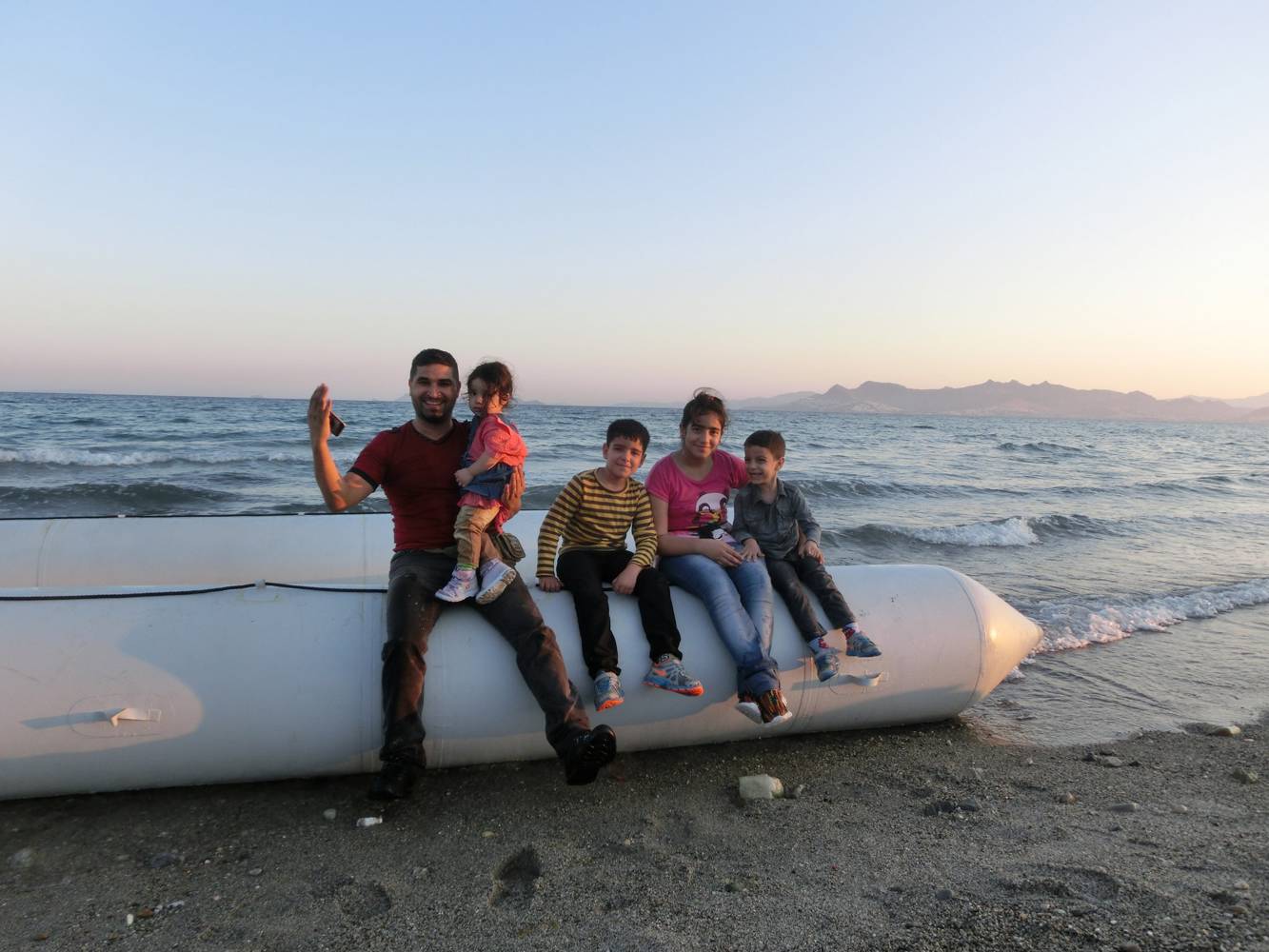
PRIO's security and humanitarianism research milieus join forces to explore one of today's most relevant issues.
The project will analyse aspects of humanitarinism and security in the European borderlands to find out how they mutually influence each other.
Research Director Maria Gabrielsen Jumbert will lead the project after being awarded funds through the Research Council of Norway's Young Research Talent scheme.
In addition to Jumbert, project members are PRIO Research Professor Kristin Bergtora Sandvik and Elisa Pascucci, postdoctoral researcher at the University of Tampere. The project's budget is 7 million NOK.
A summary of the project, which will be affiliated with the Norwegian Centre for Humanitarian Studies, can be found below:
The external borders of the European Union (EU) have come under increased scrutiny in recent years, especially with what has become known as the 'refugee crisis'. New situations of humanitarian suffering have emerged, outside, along and inside the European borders, in different ways related to the difficulty or impossibility for some individuals to cross these borders.
This has led to the emergence of new 'humanitarian spaces' alongside the border security agencies with a mandate to control the borders, as well as inside Europe. These new 'humanitarian spaces' differ in many ways from how they have been understood traditionally in the global borderlands. The HumBORDER project examines these new humanitarian spaces, and how they in different ways are due to and how they relate to border regimes and the politics destined to govern mobility. It takes a global scope to understand the role of borders in humanitarianism, and the European Union and the 'refugee crisis' as a specific case to study the new issues that arise. It does so through a three-pronged methodological approach:
- It examines the role of borders in constituting humanitarian crisis, and how state vs. humanitarian governance responds to them;
- It takes a three dimensional approach to the borders, through its land, sea and air spaces, as a means to understand the way the EU borders function (socio-politically and legally), and how these create different forms of humanitarian suffering, responsibilities and responses; and
- It studies specific humanitarian responses to the 'refugee crisis', by established humanitarian organizations and new volunteer initiatives that have emerged, through case studies in Greece, France and Norway.
By investigating these issues through a multidisciplinary approach, at the core of contemporary humanitarianism, the HumBORDER project will contribute to further developing the emergent thematic sub-field of a Political Sociology of Humanitarianism.





